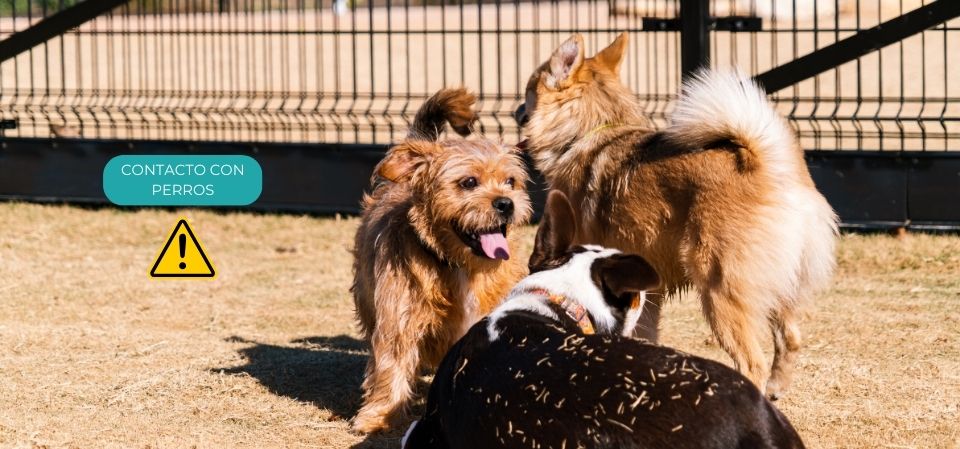Give it more life
Tips for taking care of your dog's health and safety
Watch out! Dogs Can Get Colds Too
Health
·
October 2, 2024
HOW TO DETECT A COLD?
What attacks our dogs?
In a cold, what attacks dogs are viruses and, occasionally, bacteria that cause upper respiratory infections.
How do they attack?
These infections are mainly transmitted through the air and direct contact with other sick dogs, making places like parks, dog daycare, and pet homes the most prone to transmission.
Most Common Viruses in Dogs:
1. Canine Parainfluenza Virus
One of the most common pathogens responsible for cold-like symptoms in dogs. This virus can cause coughing, nasal discharge, and sneezing.
2. Type 2 Adenovirus (CAV-2)
This virus is also involved in respiratory infections, causing symptoms such as coughing, mild fever, sneezing, and nasal discharge.
3. Canine Respiratory Coronavirus
Different from the intestinal coronavirus, this virus affects the upper respiratory tract, causing sneezing, nasal discharge, and coughing.
4. Bordetella bronchiseptica
Although this bacteria is best known for causing "kennel cough," it can contribute to a cold by infecting the upper respiratory tract, especially in combination with respiratory viruses.
5. Canine Distemper Virus
In its early stages, distemper can cause cold-like symptoms such as nasal discharge, fever, and sneezing. However, distemper is a more serious disease that can progress and affect other systems of the body.
Symptoms of a Cold in Dogs
Coughing and Sneezing: Mild, usually dry cough and frequent sneezing.
Nasal and Ocular Discharge: There may be clear discharge or, in more severe infections, yellowish or greenish mucus.
Lethargy: Dogs may seem more tired or have less energy than usual.
Low-Grade Fever: Although not always evident, some dogs may have a fever.
Loss of Appetite: It is common for dogs with a cold to eat less.
Expert Tips for Caring for Your Cold Dog
Keep your dog warm: Make sure they have a warm, dry place to rest, avoiding abrupt temperature changes.
Proper hydration: Keep their water bowl clean and fresh, changing the water frequently and encouraging them to drink; hydration is key for recovery.
Avoid contact with other dogs: Colds are contagious among dogs, so it's best to limit their interactions until they improve. Remember to use public spaces responsibly; it's advisable not to visit parks or daycares until the cold is cured. It will be less than you expect. Around 5 days on average.
Consult a veterinarian: If symptoms persist for more than 5 days or worsen, consult a veterinarian. Some colds can develop into more serious infections like kennel cough. In these cases, the solution includes anti-inflammatories, antibiotics, and there is even a preventive vaccine. Always consult your veterinarian before administering them.
Treatment
The treatment of a cold in dogs is usually symptomatic. In most cases, rest, keeping the dog well hydrated, and, if necessary, medications to relieve cough or fever are recommended. In more severe infections or if symptoms such as difficulty breathing occur, it is important to consult a veterinarian, as it may be necessary to administer antibiotics or antiviral medications.
Prevention
To prevent colds in dogs, it is essential to keep their immune system strong through a proper diet, exercise, and regular visits to the veterinarian. Additionally, vaccination against viruses such as parainfluenza and adenovirus can significantly reduce the risk of these respiratory infections.
Give it more life
Get to know your dog better






